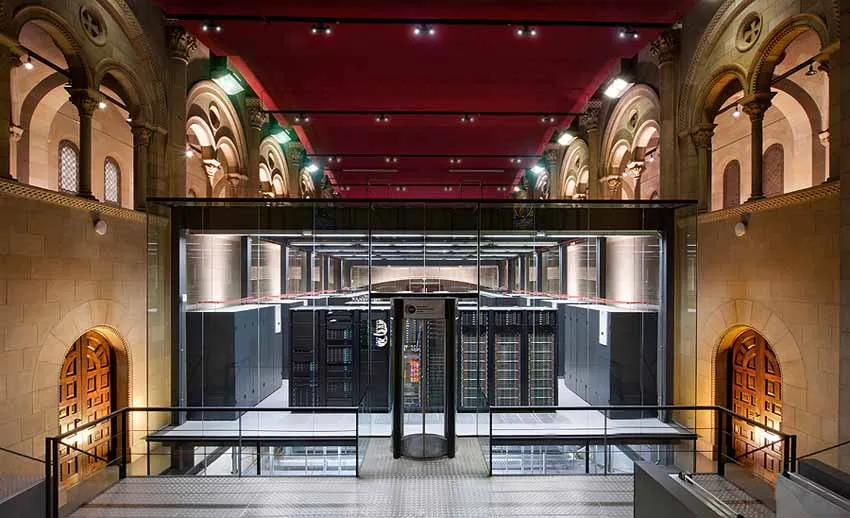Researchers design an enzyme that synthesizes carbohydrates and opens great hope.
Researchers from the University of Barcelona (UB) have designed an enzyme to synthesize sugars or carbohydrates, an important achievement pear to develop vaccines and new drugs, among other utilities.
The work, published by Nature Chemical Biology, has been directed by the researcher of the Department of Inorganic and Organic Chemistry of the UB, Carme Rovira, and the researcher at the University of Oxford, Benjamin G. Davis.
As Rovira explained, the synthesis of sugars or carbohydrates in the laboratory (conventional chemical synthesis) is usually very expensive and laborious, so in recent years they are making great efforts to make it through enzymes, which are natural catalysts.
However, enzymes that synthesize sugars - the so -called glycosyltransferase - are very difficult to manipulate, which is an obstacle to developing drugs to treat a large number of diseases related to active enzymes in carbohydrates, such as diabetes or certain types of cancer.
The researcher said that currently, the classical conception that carbohydrates are simply an energy source has changed, after knowing that they have a fundamental role in a large number of molecular processes within the cell, from the detection of pathogenic agents to cellularor the anti -inflammatory response.
"Therefore, there is a great interest in designing drugs that imitate the carbohydrate structure, since they would be easily assimilated and recognized by the biological receiving system," Rovira said.
The UB and Oxford teams have found a way to modify an enzyme (glycosidase), which normally degrades carbohydrates, that is, that catalyzes the hydrolysis of glucosidic bonds, to act backwards and synthesize carbohydrates.
"In addition, this synthesis has been achieved through a new reaction that had not yet been observed in glycosidases," according to the researcher.
It is "a variation of a reaction called 'to a face' (FACE-FACE or SNI-Like), which has the advantage that it makes the synthesis in a clean way, almost without producing hydrolysis residues, and using substrates (sugars) economically viable. "
"In essence, we have used our experience in enzymes that synthesize carbohydrates to apply the reaction to other enzymes with more biotechnological possibilities," Rovira summarized.
In 2011, Rovira's team has already discovered the molecular bases of the mechanism in enzymes and now the synthesis has been carried out with a concrete enzyme, the beta-glycosidase of sulfolobus solfataricus, but it can be extended to other enzymes using a similar method ofActive Center Engineering.
The fact of using enzymes that degrade sugars (glycosylhydrolasa), which have no manipulation problems and can be conveniently modified, as this study demonstrates, therefore represents a very promising alternative to obtain new carbohydrates, the researcher concluded.
In the investigation, in which a team from the Department of Inorganic and Organic Chemistry has collaborated and the Institute of theoretical and Computational Chemistry of the UB, the Mare Nostrum supercomputer of Barcelona Supercomputing Center has been used to make multiscala of molecular dynamics.


